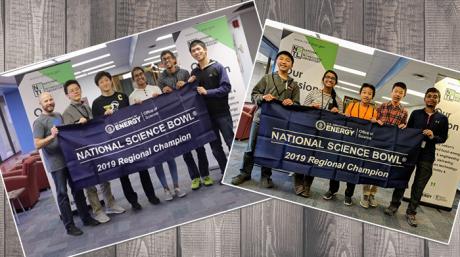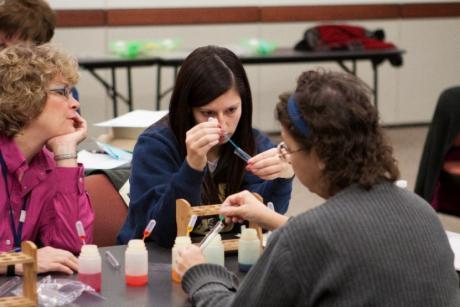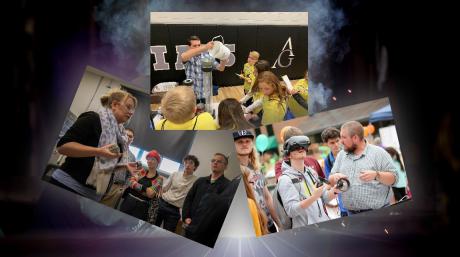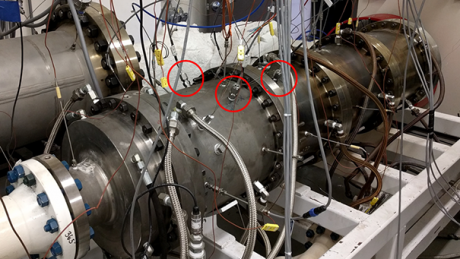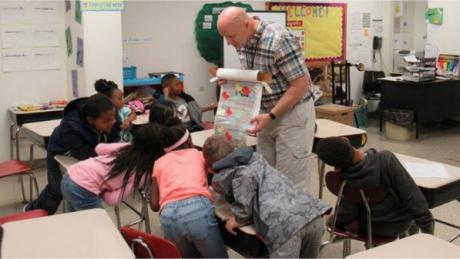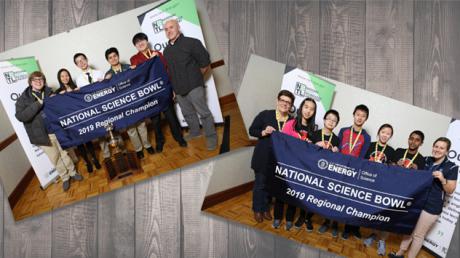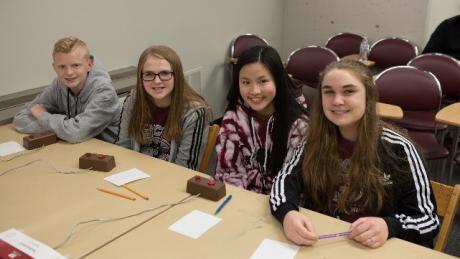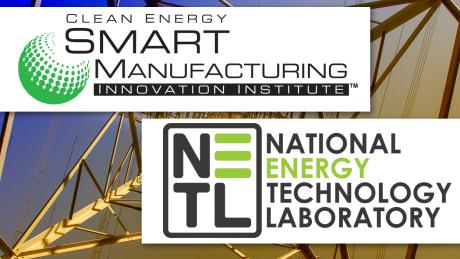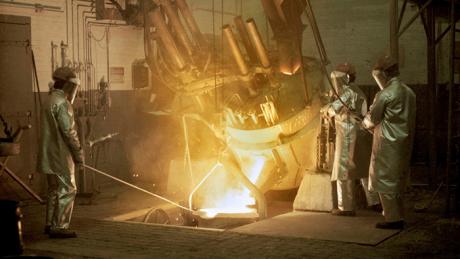North Allegheny Senior High School Team 1 (Wexford), and Marshall Middle School (Wexford) claimed victory at the 28th annual Western Pennsylvania Regional Science Bowl (WPASB), organized and co-sponsored by NETL.
The high school and middle school events were held Feb. 23 and March 2, 2019, respectively, at the Community College of Allegheny County’s (CCAC) South Campus, in West Mifflin, Pa. About 40 teams from high schools and 32 teams from middle schools in 19 regional counties throughout western Pennsylvania participated in the competition.
The WPASB tested students’ knowledge of math and science with round-robin and double-elimination competition rounds. This year’s WPASB competition included welcoming remarks from NETL Director Brian Anderson for the high school competition and NETL Deputy Director Randy Gentry for the middle school competition, as well as representatives from CCAC.
About
News and Events
Research and Programs
Carbon Management Point Source Carbon Capture Carbon Dioxide Removal Carbon Dioxide Conversion Carbon Transport & Storage Hydrogen with Carbon Management
Resource Sustainability Methane Mitigation Technologies Minerals Sustainability Natural Gas Decarbonization and Hydrogen Technologies Advanced Remediation Technologies Energy Asset Transformation
Key Lab Initiatives Advanced Alloys Signature Center (AASC) Science-based Artificial Intelligence and Machine Learning Institute (SAMI) Center for Microwave Chemistry (CMC) Center for Sustainable Fuels and Chemicals (CSFC)
Energy Technology Development Office of Energy Efficiency and Renewable Energy Battery Workforce Initiative Cybersecurity, Energy Security, and Emergency Response Office of Electricity
Business
Work with Us

Library
Explore our Library

Approved Categorical Exclusions Environmental Assessments Environmental Impact Statements Oil and Gas Projects Summaries NETL Fact Sheets NETL Newsletters Publication Search Energy Data Exchange (EDX) FECM External R&D Final Technical Reports Project Landing Page Summary Information for External R&D Awards Technical Reports Series (TRS) Peer Review Reports
- Research and Programs
- Carbon Management
- Core Competencies
- Resource Sustainability
- University Training & Research
- Key Lab Initiatives
- Energy Technology Development
- Featured Infrastructure
- Methane Emissions Reduction Program
-
- Business
- Technology Transfer
-
- Library
- Energy Analysis
-
- About
- News and Events
- Education


